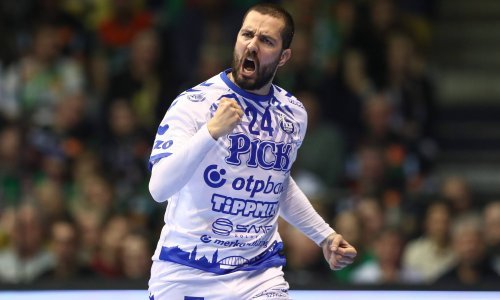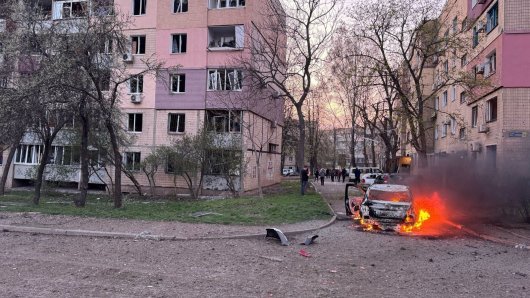Leaders of the parliamentary caucus of the ruling Croatian Democratic Union (HDZ) on Wednesday accused the leading opposition Social Democratic Party (SDP) of trying to slow down Croatia's integration with the European Union, claiming that the SDP was exhibiting signs of a growing Europhobia that could be dangerous for the completion of Croatia's accession talks.
"The HDZ won't let the SDP stop Croatia on the road to Europe and it will not tolerate obstruction of the development of a law-based state in which corruption and crime are part of the past," the head of the HDZ caucus, Andrija Hebrang, told reporters in parliament.
He went on to say that the attempt to stop Croatia's EU entry talks was launched last Wednesday with the SDP's motion to give a vote of no confidence to the government and PM Jadranka Kosor, "whose efforts have helped remove the main obstacle to the talks and enabled their continuation".
"Such attempts have continued with the statement by the Mayor of Rijeka and member of the SDP Presidency, Vojko Obersnel, that Croatia's admission to the EU should be postponed for a period of two years. That is proof of a growing Europhobia in the SDP which is becoming dangerous and could jeopardise Croatia's entry into the EU," said Hebrang.
He said the SDP had had reservations about Croatia's EU membership bid from the very start, "while the HDZ in its first platform in 1989 clearly stated that its goal was an independent Croatian state that would become a member of the European community."
He recalled that the SDP had also sought a referendum on Croatia's admission to NATO and that "(SDP leader) Zoran Milanovic keeps insisting on the replacement of Chief State Prosecutor Mladen Bajic, a crucial figure in efforts to eradicate corruption and crime who enjoys the support of the EU."
"We see here Milanovic's fear of investigations that will reach SDP members," Hebrang said.
A member of parliament and HDZ Secretary-General, Branko Bacic, criticised the statement by the chair of the National Committee supervising Croatia's EU accession talks, Vesna Pusic, that the government's giving an advance guarantee to the 3. Maj shipyard in Rijeka was a crime and that the government had made such a decision due to pressure from Rijeka Mayor Vojko Obersnel.
Bacic said the government did not give the guarantee because of pressure, but that it had been considering the decision for quite some time.
"The government's decision has secured work for 3,000 shipyard workers and the peaceful restructuring and privatisation of the shipyard, and that can't be a crime," he said.
He recalled that the advance guarantee was given for ships commissioned from 3. Maj before the European Commission determined additional criteria to be met in the policy area No. 8, Competition Policy.



































